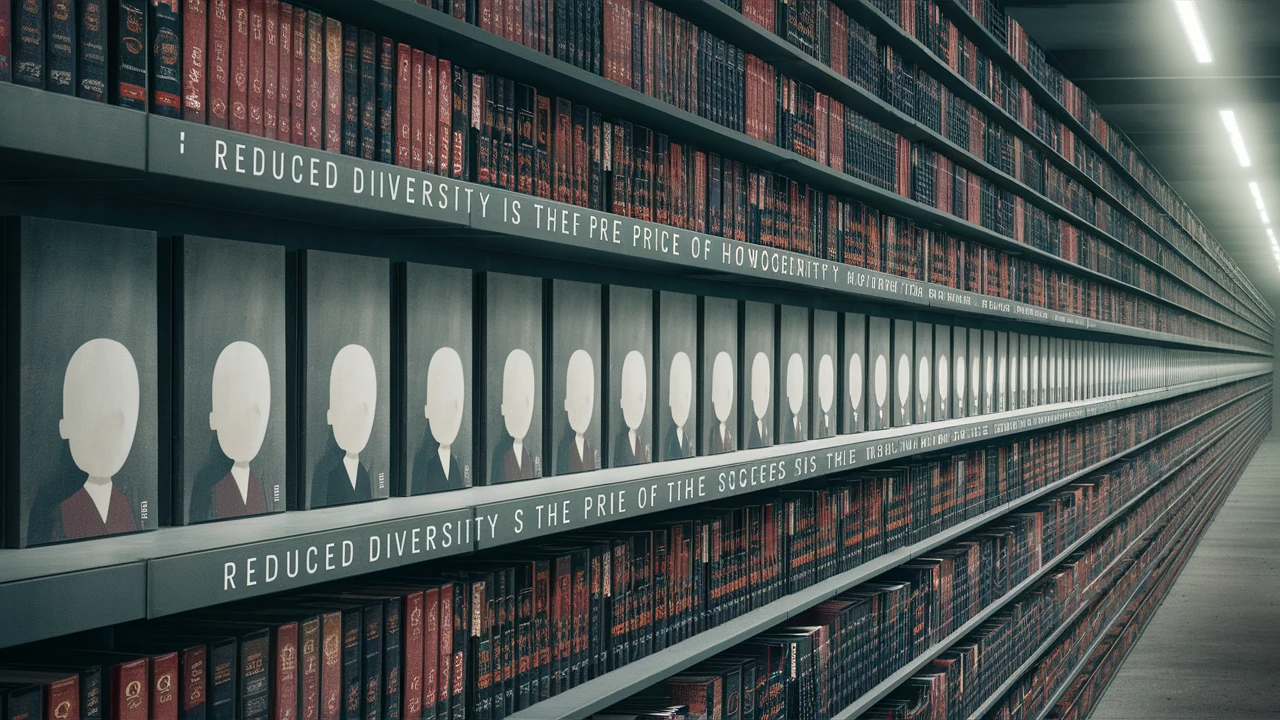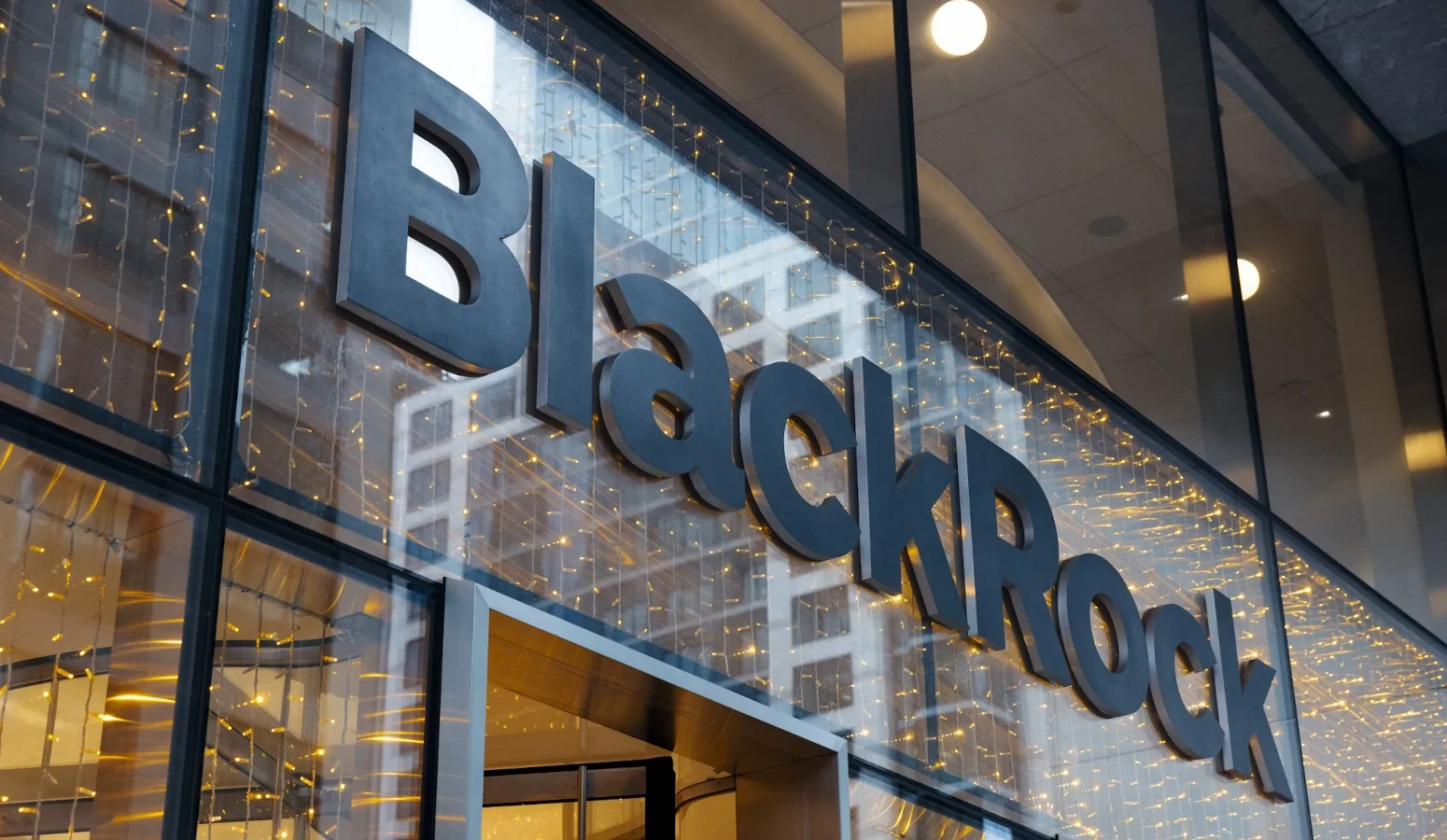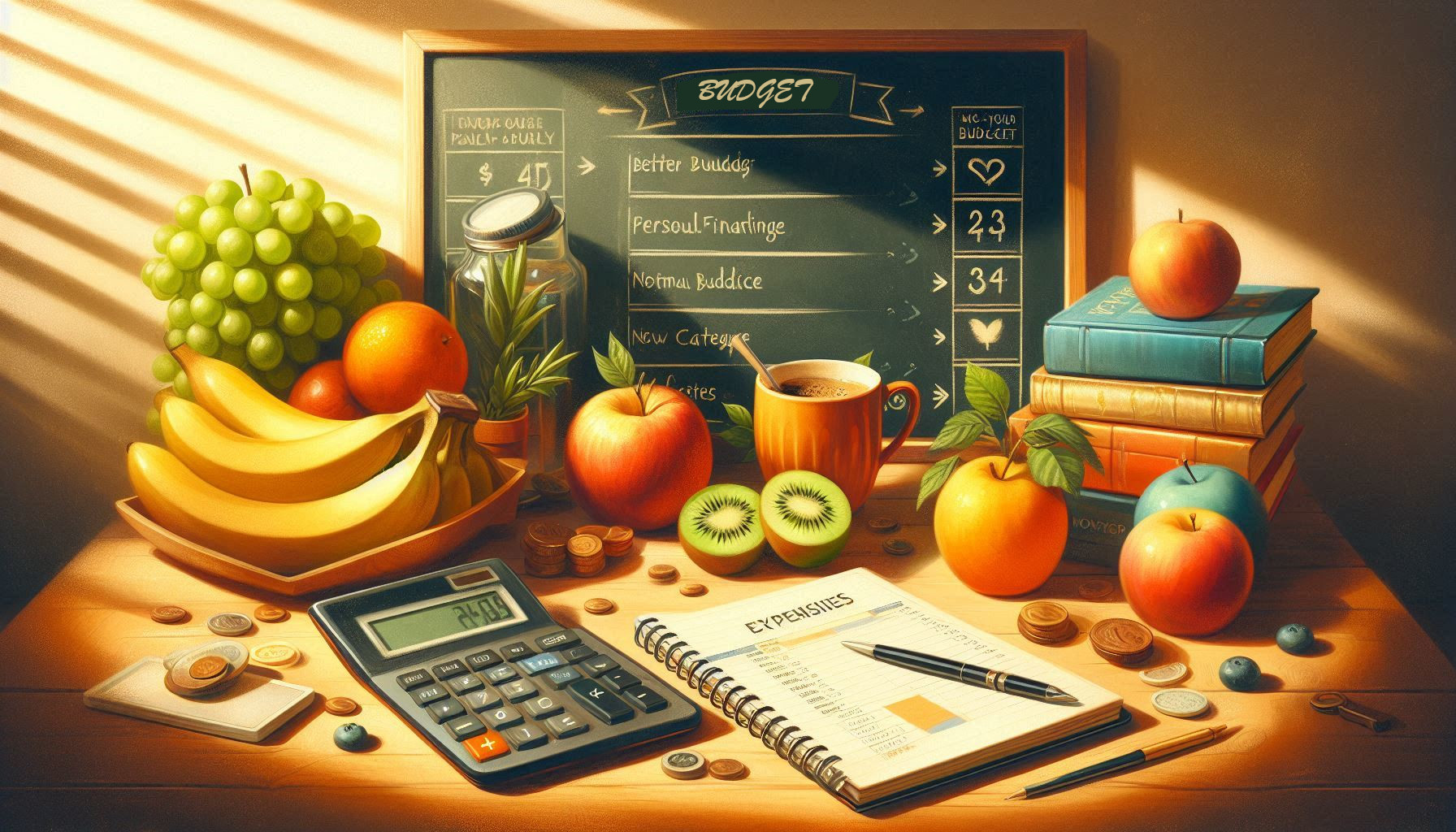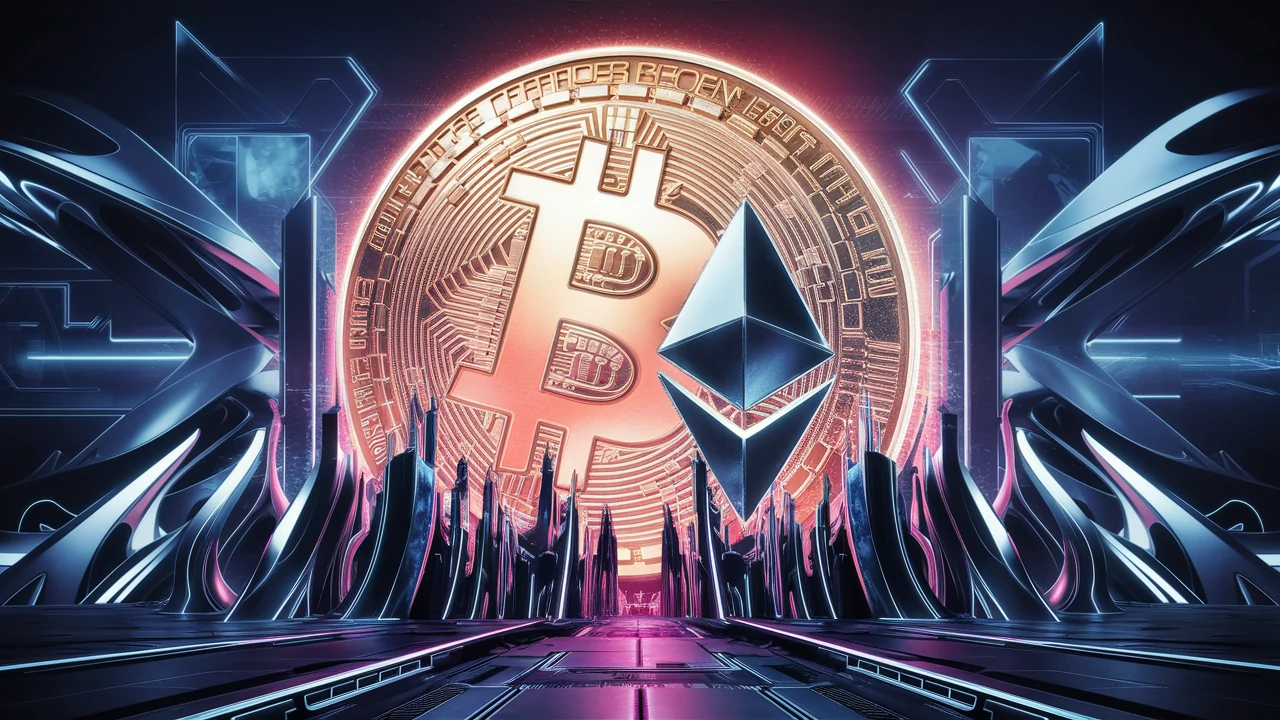Introduction to AI Impact in Creative Industries
Artificial intelligence (AI) is transforming creative industries, especially in writing stories. A study published in the journal Science Advances reveals that while AI boosts individual creativity and story novelty, it reduces the collective diversity of novel content. This raises concerns about potential homogenization in books and movies if AI becomes extensively used in writing. The study involved hundreds of volunteers and highlights growing apprehensions about the influence of AI on various creative expressions, including music, art, and writing.
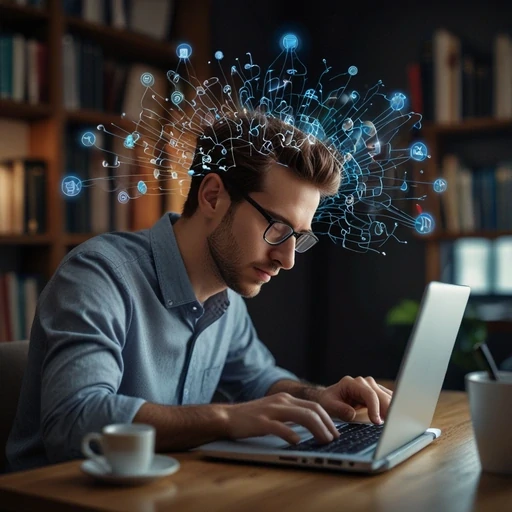
Enhancing Creativity with AI
Boosting Individual Creativity
AI can enhance individual creativity by generating novel ideas and storylines. Writers can use AI tools to break through writer’s block and explore new creative directions. This boost in novelty can lead to fresh and innovative content that might not have been possible without AI assistance.

Streamlining the Creative Process
AI can streamline the creative process by automating repetitive tasks. For instance, AI can handle initial drafts, allowing writers to focus on refining and adding personal touches. This efficiency can lead to higher productivity and more content creation.
Reduced Diversity in Stories
The Downside: Homogenization of Content
Despite its benefits, AI’s use in creative writing can lead to homogenized content. The study warns that over-reliance on AI could result in similar story structures and themes, reducing the unique voices and diversity in creative works. This could impact the variety of books and movies available to audiences.
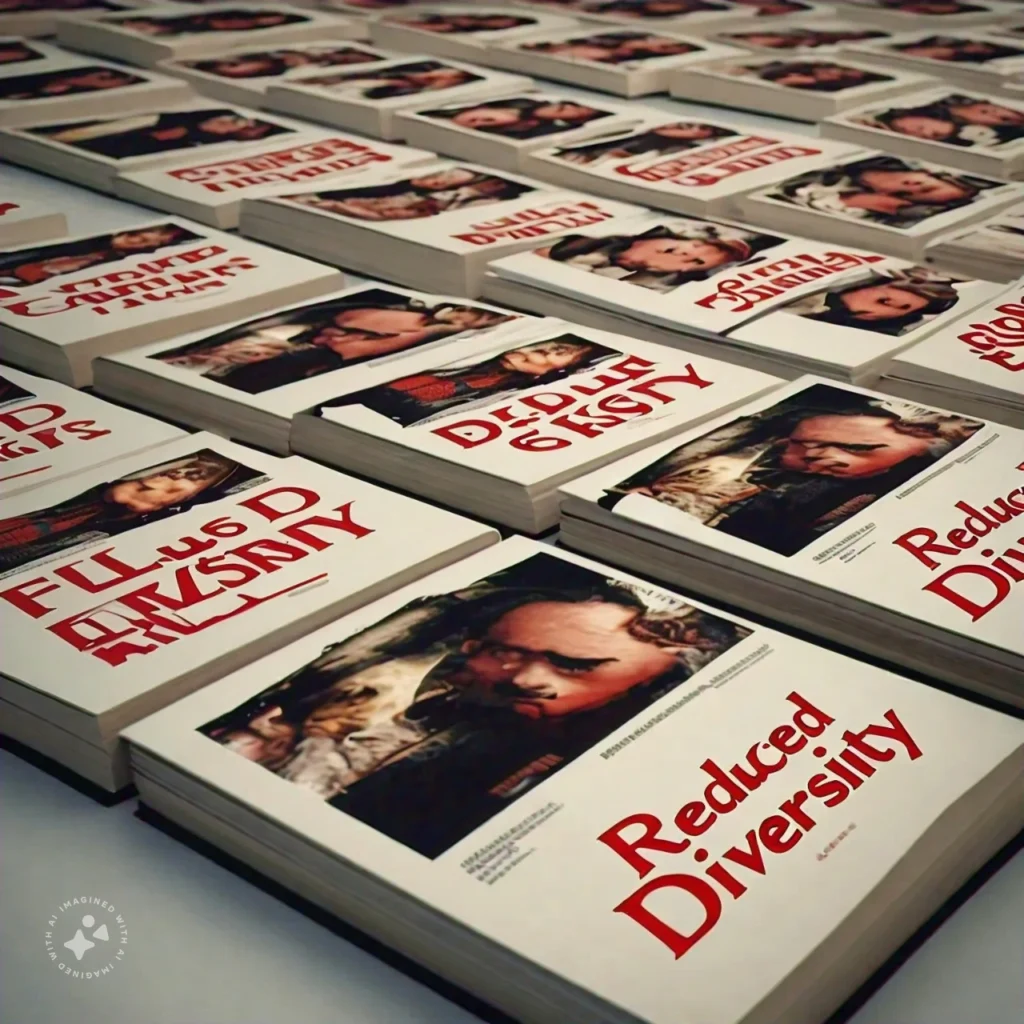
Ethical Considerations
AI impact on creative industries and the potential homogenization of content raises ethical questions. Stakeholders in creative industries must balance leveraging AI for creative enhancement with preserving the diversity and distinctiveness of creative works. This involves thoughtful integration of AI to ensure it complements rather than overshadows human creativity.
Societal Implications of AI in Creativity
Cultural Expression and Diversity
AI’s impact on creative diversity extends to cultural expression. Homogenized content could dilute diverse storytelling traditions and cultural narratives. Preserving cultural diversity in creative works is essential for a rich and varied cultural landscape.
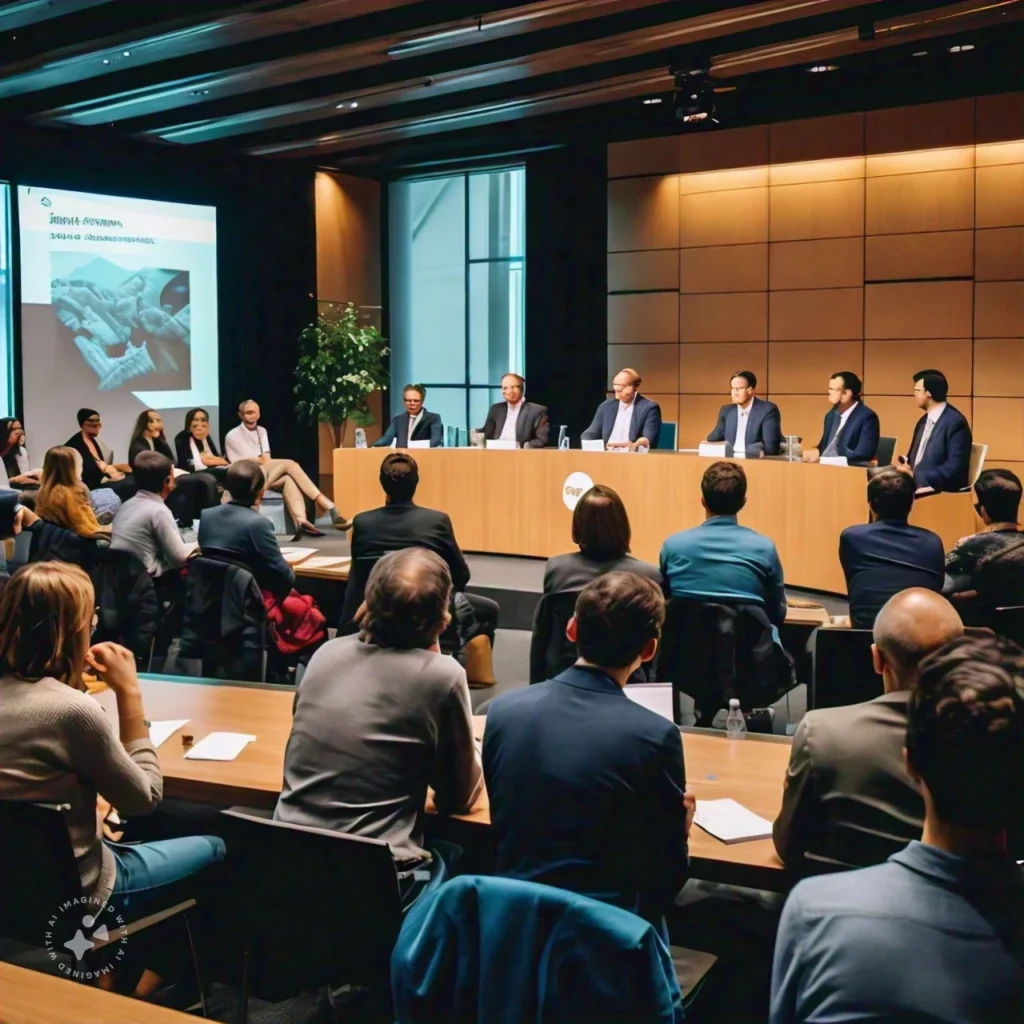
Policy and Ethical Considerations
The integration of AI in creative industries necessitates new policies and ethical considerations. Policymakers and industry leaders must develop guidelines to ensure AI tools are used responsibly and ethically. This includes protecting the unique voices of creators and preventing the over-reliance on AI-generated content.
Economic Impact of AI in Creative Industries
Boosting Productivity
AI can significantly boost productivity in creative industries. By automating routine tasks, AI allows creators to focus on high-value activities, leading to increased output and efficiency.
Economic Growth
AI’s integration into creative industries contributes to economic growth. Strategic investments in AI could add up to $15.7 trillion to the global economy by 2030. This growth is driven by increased productivity and the creation of new market opportunities.
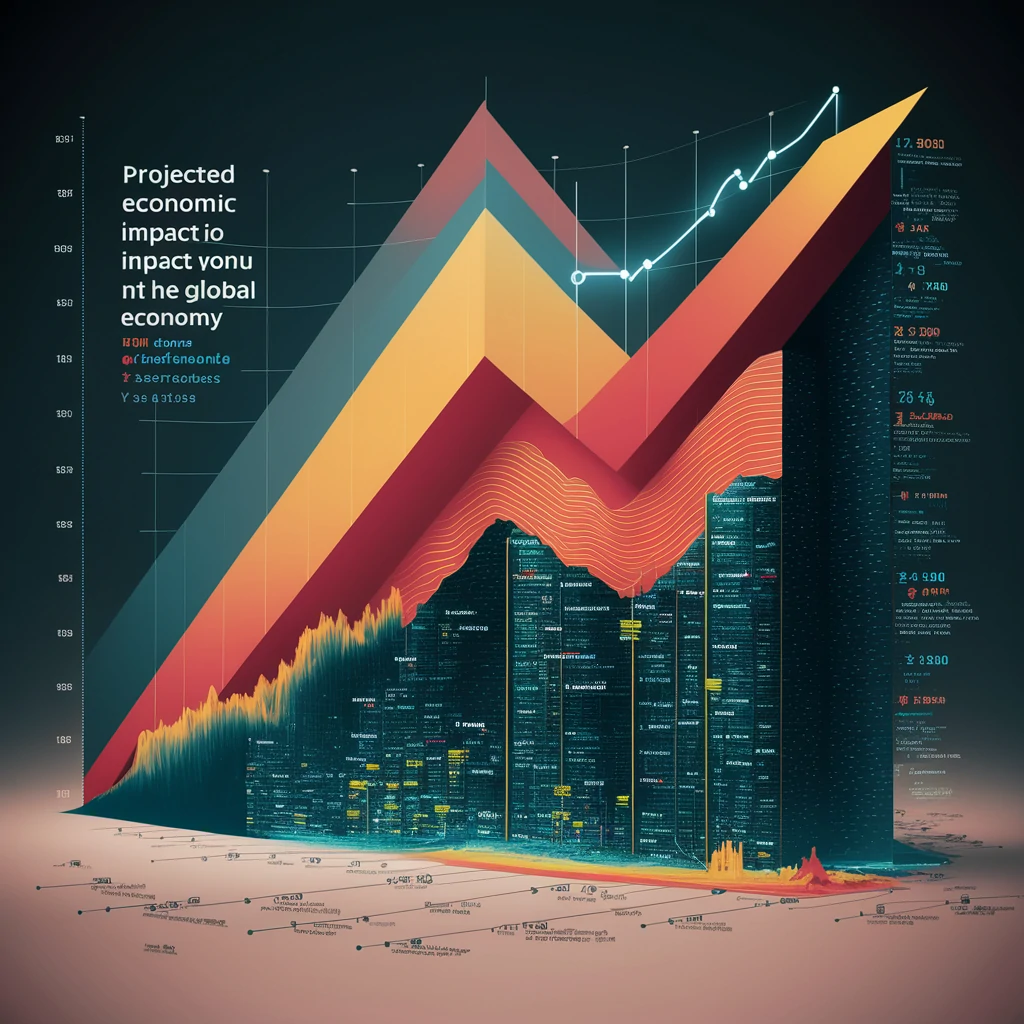
Global Revenue and Trade
AI is expected to drive significant global revenue growth. Projections suggest AI-related revenue will reach $900 billion by 2026. Additionally, AI’s use in analyzing international trade negotiations can improve economic outcomes, further boosting global trade and economic development.
Final Thoughts
AI is reshaping creative industries, enhancing individual creativity while posing challenges to content diversity. The study underscores the need for a balanced approach to AI integration, ensuring it enhances rather than homogenizes creative works. The societal and economic implications of AI in creativity are profound, necessitating thoughtful policies and ethical considerations. As AI continues to evolve, its role in creative industries will require careful navigation to preserve the richness and diversity of human creativity.

